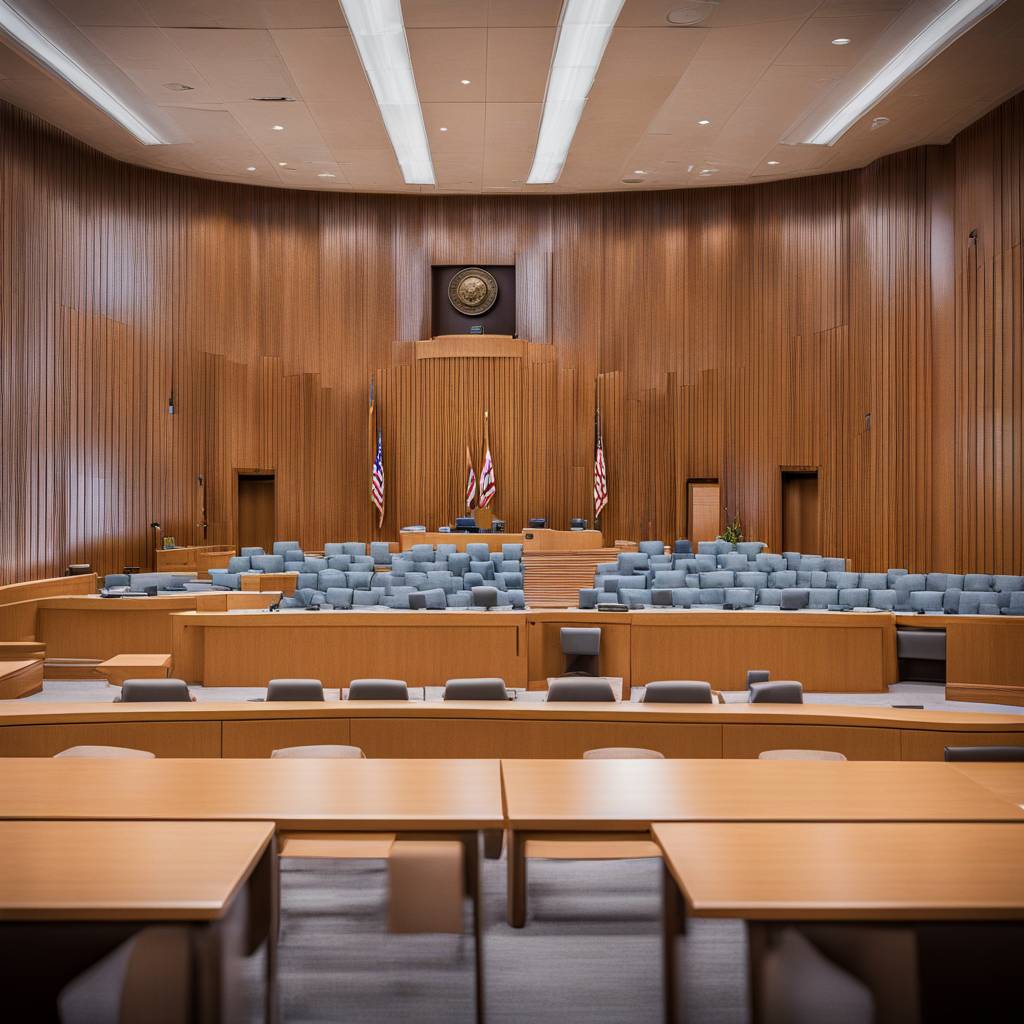The Arizona Supreme Court issued a ruling reverting the state back to a 160-year-old pre-statehood law that outlaws abortions in nearly all circumstances and criminalizes abortions, with a prison sentence between 2-5 years for anyone involved in the procedure. The law, which dates back to 1913 after Arizona became a state, includes an exception in cases where the mother’s life is at risk. The court recently concluded in a 4-2 ruling that a 2022 law allowing abortion within the first 15 weeks of pregnancy does not override the older law, which is now enforceable again after the overturning of Roe v. Wade.
The decision by the Arizona Supreme Court has sparked controversy and backlash, with Arizona Attorney General Kris Mayes condemning the ruling as unconscionable and an affront to freedom. Mayes, a Democrat, argued that by reinstating a law from 160 years ago, the court has put the health and lives of Arizonans at risk. The ruling has been criticized for taking the state back to a time when Arizona wasn’t even a state, and women did not have the right to vote. The decision has been described as a stain on the state’s history, with many expressing concern over its implications and impact on women’s reproductive rights.
The ruling came after the Supreme Court heard arguments in the case four months ago and upheld the 160-year-old law, stating that it was still valid and in effect. The court’s decision to revert to the older law has raised questions about the state’s stance on abortion and its implications for women’s rights and access to reproductive healthcare. Critics have warned that the ruling could set a dangerous precedent and lead to further restrictions on abortion in the state, potentially putting women’s health and lives at risk.
The ruling has reignited the debate over abortion rights in Arizona and across the country, with many expressing concern over the implications of reverting to a 160-year-old law that criminalizes abortions. The decision has been met with widespread criticism and condemnation, with many arguing that it represents a step backward for women’s rights and access to healthcare. The ruling has sparked a renewed push for advocacy and activism to protect women’s reproductive rights and ensure access to safe and legal abortion care for all individuals.
In response to the ruling, advocates and organizations have vowed to continue fighting for women’s rights and access to abortion care, despite the setback. Many have called for legislative action to protect reproductive rights and ensure access to safe and legal abortion care for all individuals. The ruling has sparked renewed efforts to protect women’s health and autonomy, with advocates and allies working together to push back against restrictive laws and regulations that threaten reproductive rights and access to healthcare.
As the Arizona Supreme Court’s ruling goes into effect in 14 days, the future of abortion rights in the state remains uncertain. The decision has raised concerns about the erosion of women’s rights and access to reproductive healthcare, with many calling for action to safeguard these fundamental rights. The ruling has underscored the need for continued advocacy and activism to protect reproductive rights and ensure access to safe and legal abortion care for all individuals, regardless of their circumstances.


